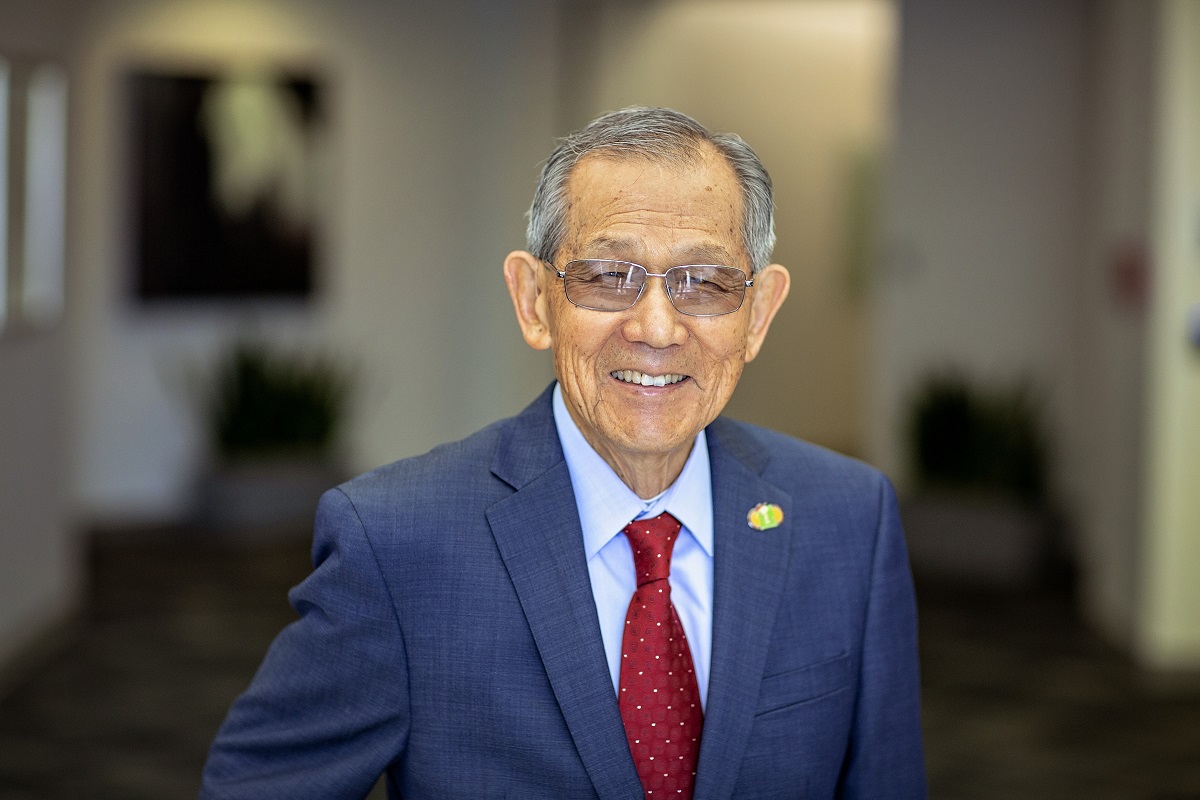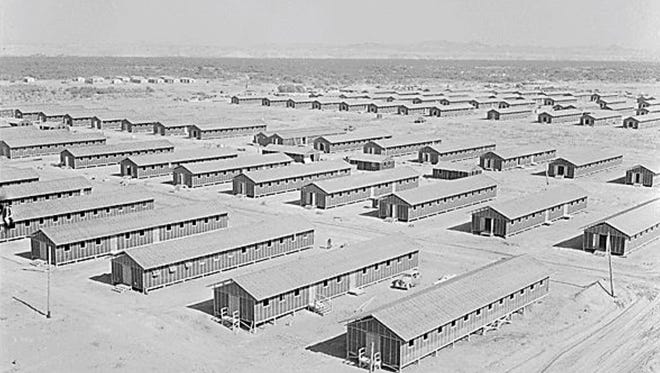
Jack Kubota, Hoch Consulting Group
Most people plan to retire after a long career, but that was never a consideration for the San Diego Section’s 2020 “Denis Pollak Mentor of Many” award winner, Jack Kubota. At 92, Jack is still working part-time for a growing local engineering firm and mentoring colleagues of all ages on a bit of everything he has learned over the years.
“I just really enjoyed all the dimensions of life that I have been able to do,” he said during a phone interview from his Las Vegas hotel room, where he was celebrating his latest birthday. “I like to stay connected to the world and the people who value my experience.”
Jack started his career as a civil engineer after graduating from UC Berkeley in June of 1952 after following a brief stint in the Navy. He was one of 12 engineering students who graduated with a sanitary engineer option and was immediately offered a job with the state Department of Public Health and Bureau of Sanitary Engineers.
Jack said that when he first began his career, wastewater treatment plants were referred to as skunkworks, always found at the end of town or areas no one cared about and kept out of sight.
Jack worked for the state department for four years before moving on to work for the City of Carlsbad. In 1959, he opened his first private consulting firm and later went into business with a late friend, Ray Woodside, as a partner at Woodside, Kubota, and Associates.
“In 1989, at the age of 60, I sold my interest in the business to become semi-retired and worked for a few different consulting agencies,” he said.
He began working for his current employer, Hoch Consulting Group, which offers high-quality engineering and construction management services in the water, wastewater, and stormwater industry for the San Diego area, at a still-youthful 89 years old.
“My title is an ambassador of Hoch Consulting Firm,” Jack explained. “I really consider that title an honor.”
Working in water and wastewater for so long, Jack has experienced countless changes in the industry. One of the most significant ones, in his opinion, is the amount of training and education that today’s professionals bring to their jobs. He credits the Water Environment Federation for leading the changes in upgrading the wastewater and water operations to a higher standard and provided higher education to those in the industry. He couples this with the number of women who have entered the industry as operators, engineers, and managers over the years.
“Women work hard in this field,” Jack said. “When I went to school, there was not a lady in sight in the engineering department.”
Another dramatic change he has witnessed is the innovations in technology used in treatment plants and the collections and maintenance side of wastewater.
“Ultimately, it takes the hammer of the federal government to make the dramatic changes nationwide,” he said, speaking about another of the most significant changes — the Clean Water Act of 1972. “It was the classic example of people forging partnerships, making regulations, and taking action.”
While the Clean Water Act was a good start, Jack wishes that legislators were more educated on the water and wastewater issues.
“I want people in our industry to become policymakers,” he said.
Jack said that mentoring others in his chosen field has always been important to him. Working along with Ray Woodside, the two would often bring in engineering interns to work for the firm.
“We would always bring in interns reaching out to foster education and ethics for the future,” he said.
He has continued that policy throughout his career, today working with interns and helping answer their questions to get the jobs done.
Denis Pollak, the first winner of the San Diego Section mentoring award that now bears his name, said he met Jack in 1972 when Denis first started working for a local agency.
“Jack is a wonderful person,” Denis said. “After meeting him the first time, I realized right away he knew a little of everything and was a great source of information. That still is the case today.”
Denis said that there are instances where Jack knows entire histories on projects that he watched grow over the years, earning him a reputation as an indispensable source of information.
A few years ago, Jack met a young woman engineer from Berkeley who got him interested in joining the Japanese American Historical Society of San Diego. Through the society, he began talking to junior and senior high school students about his life experiences as a Japanese American and the two years he was imprisoned in Poston Internment Camp during World War II with his family.

Poston Internment Camp in Arizona (National Archives)
Jack was born in Pasadena and raised in El Centro, California. At the age of 13, just after the attack on Pearl Harbor, he and his family, along with more than 1,300 people of Japanese descent from the Imperial Valley, were taken away to live in the camp located in Arizona. One of Jack’s older sisters was severely disabled and died within hours after arriving at the camp.
“I tell this story to the students to show how poor the medical facilities and conditions were at the camp,” he said.
Jack and his siblings were able to leave the camp sooner than his parents, who wound up staying for three years before settling back in the San Diego area.
Even though two of Jack’s three children, ages 63 to 69, have already retired, he has no plans to make any changes in his lifestyle for now. Jack works the hours he wants and still gets to do the job he enjoys.